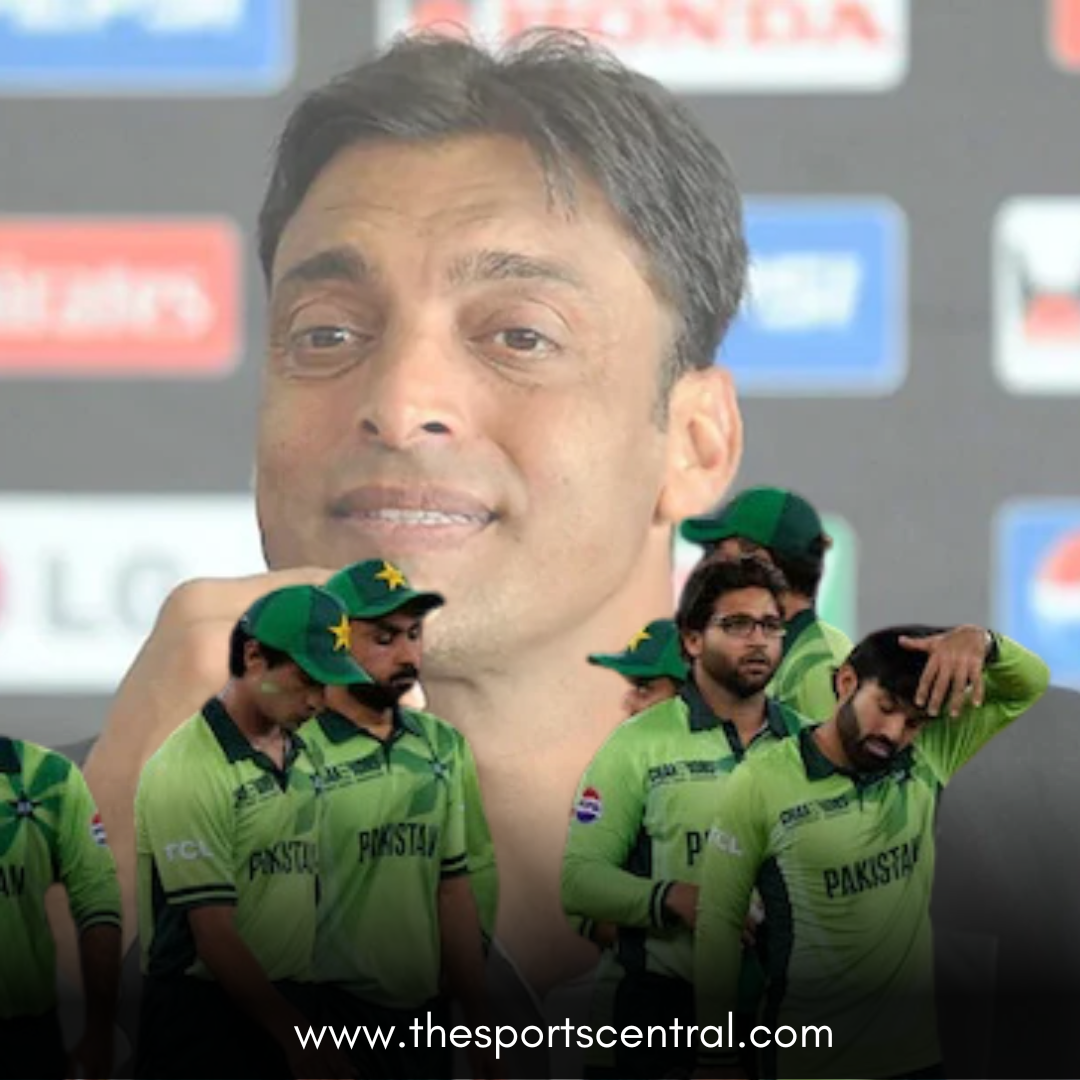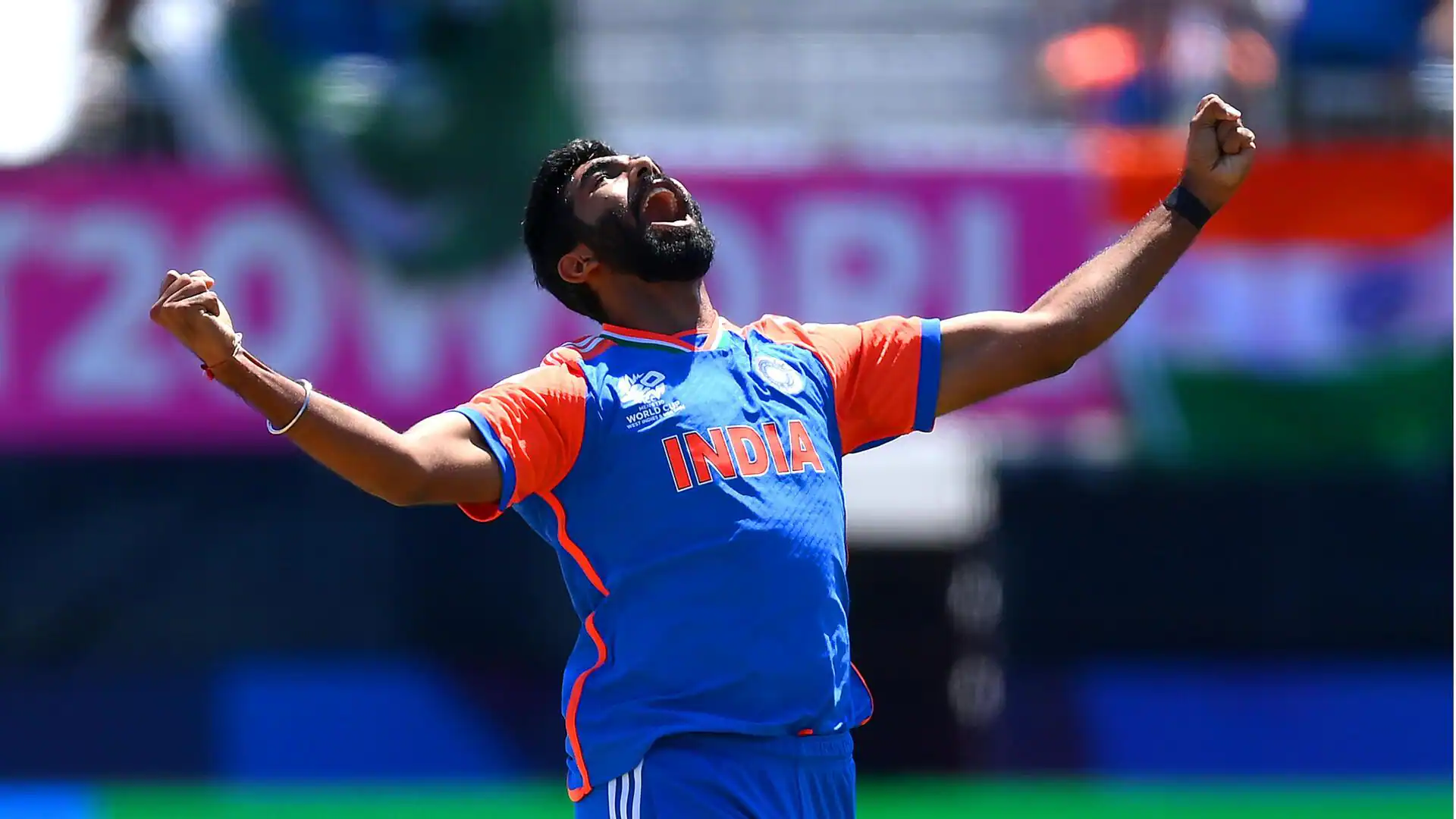Pakistan’s loss to India in the ICC Champions Trophy 2025 has sparked widespread debate and criticism, with former fast bowler Shoaib Akhtar leading the charge in questioning the team’s preparation, management, and overall performance. The highly anticipated match, played in a packed stadium with millions watching worldwide, ended with India securing a six-wicket victory, powered by an unbeaten century from Virat Kohli.
Following the defeat, Shoaib Akhtar did not hold back in expressing his disappointment, voicing concerns about Pakistan’s batting struggles, lack of strategic execution, and ineffective leadership. His criticism has ignited discussions across cricketing circles, with many questioning whether changes are necessary to bring the team back on track.
Pakistan’s Performance in the Match
Pakistan’s innings started on a shaky note as their top order failed to deliver against India’s disciplined bowling attack. Early wickets put the team under pressure, and despite a few resilient efforts in the middle order, they managed to post only a modest total.
Key Highlights of Pakistan’s Batting
- Babar Azam (Captain) – Scored 35 runs off 42 balls, failing to anchor the innings as expected.
- Mohammad Rizwan – Managed 28 runs, unable to build a crucial partnership.
- Fakhar Zaman – Looked promising but was dismissed for 24 runs.
- Lower Order Collapse – Pakistan lost their last five wickets for just 30 runs, showing clear issues with their finishing ability.
With a total of 225 runs, Pakistan’s bowlers had a daunting task ahead, especially against a formidable Indian batting lineup.
India’s Dominance with the Bat
India’s chase was efficient and well-paced, thanks to the brilliance of Virat Kohli, who played a masterful innings. Kohli remained unbeaten, scoring his 51st ODI century, proving once again why he is regarded as one of the greatest chasers in cricket history.
- Kohli’s Unbeaten Century (110)*
- Rohit Sharma’s Contribution (47 runs)
- Shubman Gill’s Quick 35
Despite a couple of early breakthroughs, India remained in control, sealing the victory with six wickets in hand.
Shoaib Akhtar’s Scathing Criticism
Post-match, Shoaib Akhtar took to social media and various media platforms to express his frustration with Pakistan’s approach, particularly highlighting the following concerns:
1. Lack of Intent and Aggression
Akhtar emphasized that Pakistan’s batting lacked intent and aggression. He pointed out that while India’s batters adapted to match conditions, Pakistan’s approach was overly defensive, leading to a below-par total.
2. Poor Team Selection and Management
The former pacer questioned the team selection, arguing that Pakistan failed to pick a balanced squad. He specifically criticized the absence of an experienced all-rounder and reliance on underperforming middle-order batters.
3. Leadership Concerns – Babar Azam’s Captaincy Under Fire
Babar Azam, despite being one of Pakistan’s best batters, faced criticism over his tactical decisions and leadership skills. Akhtar pointed out that defensive field placements, poor bowling rotations, and lack of adaptability played a role in Pakistan’s downfall.
4. Inconsistent Bowling Attack
Pakistan’s pace attack, usually their stronghold, struggled against India’s batters. While Shaheen Afridi and Haris Rauf started well, the lack of consistency in line and length allowed India to build partnerships. Akhtar noted that Pakistan’s bowling attack did not apply enough pressure, letting India chase down the target comfortably.
Reactions from Fans and Experts
Akhtar’s comments have fueled intense discussions within the cricketing community. Several experts agreed with his assessment of Pakistan’s shortcomings, while others urged caution, emphasizing the need for long-term planning and structural reforms.
- Wasim Akram backed Akhtar’s criticism, stating that Pakistan’s batting approach needs a major overhaul.
- Ramiz Raja called for urgent investment in domestic cricket infrastructure to produce better middle-order batters.
- Fans expressed disappointment, with many demanding changes in leadership and coaching staff.
What’s Next for Pakistan?
Pakistan now faces the challenge of regrouping and addressing key issues before their next set of international fixtures. Some immediate areas of focus include:
1. Reevaluating Team Strategy
The management must rethink Pakistan’s batting approach, focusing on a more aggressive and adaptable mindset. This includes promoting power-hitters and finding dependable middle-order batters.
2. Strengthening the Bowling Unit
While Pakistan’s bowling has traditionally been a strength, inconsistencies in execution must be addressed. Better utilization of bowlers and strategic variations in the attack will be crucial.
3. Leadership and Captaincy Decisions
With criticism mounting on Babar Azam’s captaincy, discussions may arise regarding potential leadership changes. A more proactive and tactically sharp captain might be needed for high-pressure matches.
4. Mental and Physical Conditioning
The psychological aspect of the game cannot be ignored. Pakistan’s players need mental resilience training to perform under pressure, especially in high-stakes matches like those against India.
Pakistan’s defeat to India in the Champions Trophy 2025 has exposed glaring weaknesses in the team’s approach, leadership, and preparation. Shoaib Akhtar’s scathing critique has added pressure on the Pakistan Cricket Board (PCB) to take decisive action.With crucial international fixtures ahead, Pakistan must use this loss as a learning opportunity to rebuild and strengthen their squad. Whether they take Akhtar’s advice seriously and implement necessary reforms remains to be seen, but one thing is certain—Pakistan needs to evolve if they aim to compete at the highest level of international cricket.









